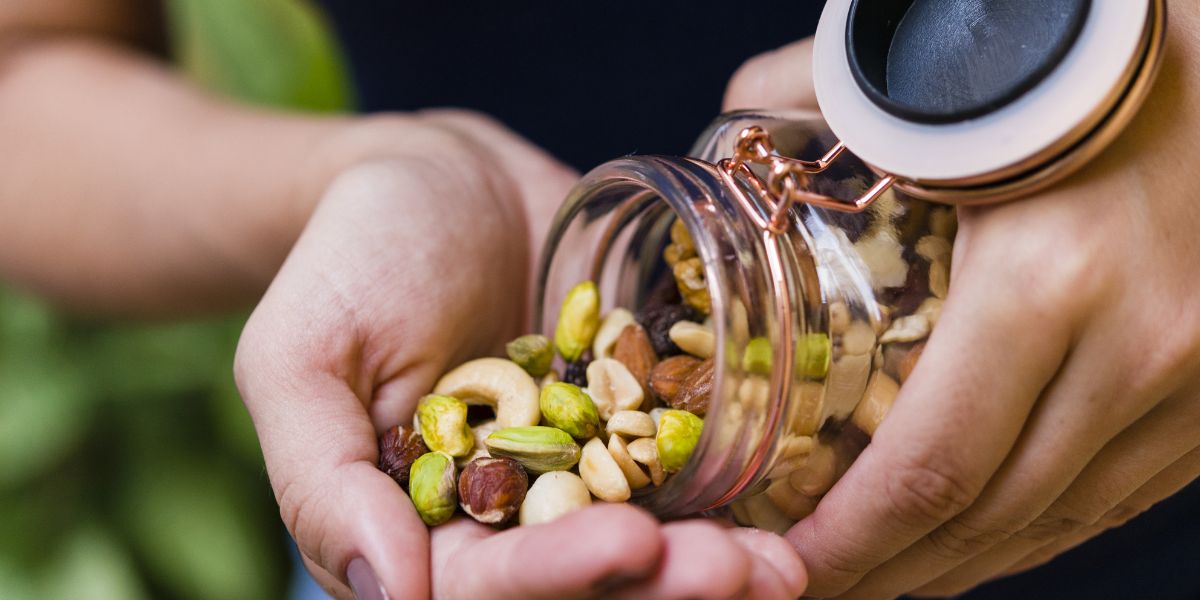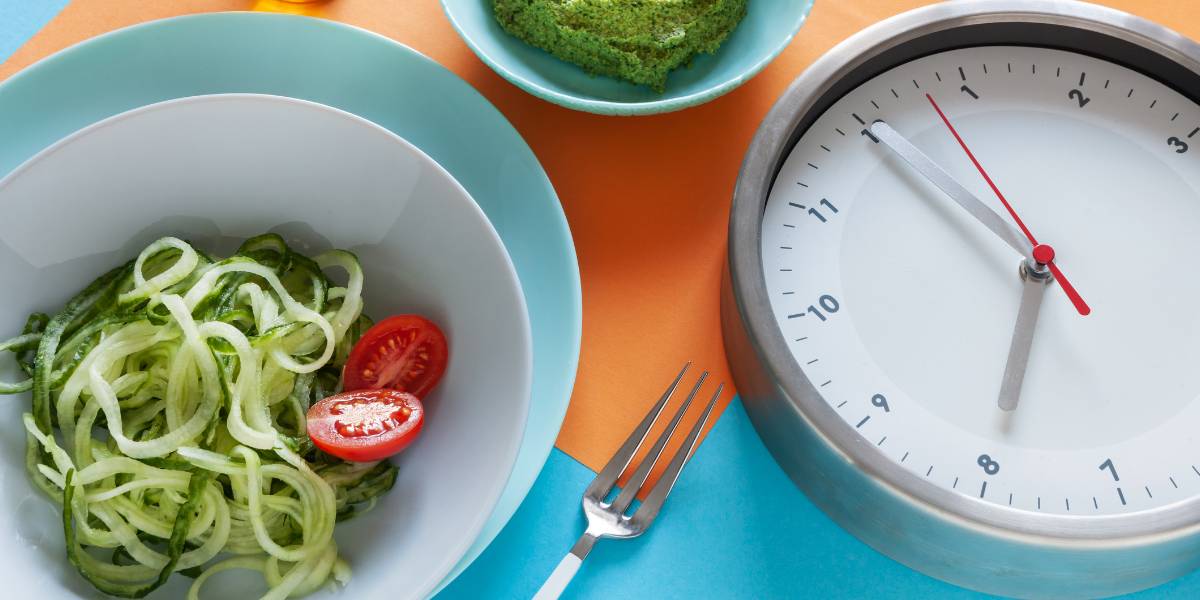If having a treat is an occasional, small luxury and something that gives you satisfaction without leaving you craving more, then they can be a positive thing to enjoy.
By contrast, if treats are excessive, relied upon too often or become a slippery slope towards a poorer diet, then treats are probably best avoided.
These are the more clear-cut situations and, of course, there is plenty of grey area in-between.
In this guide we’ll look at how treats can be done right, how treats can go wrong and then look at why treats can get out of hand.
Getting treats right
Certainly there are people who can do treats in the right way and stay healthy.
Ways in which treats can work are as follows:
- Have small treats
- Go with treats that are fairly healthy
- Save treat meals for truly special occasions
Small treats
Many people that are successfully following healthy diets have mastered the art of enjoying their treats small.
20g of dark chocolate is small enough and healthy enough to be enjoyed daily
If you’re out on a day trip, a single scoop of ice cream (in a tub rather than a cone) can be enjoyed without much harm done if the day out involves walking or other physical activity soon after.
Healthier treats
If you like to have treats that are fairly healthy, this is clearly an advantage. Berries in plai, natural yoghurt, for example, is both satisfying and healthy.
- For more ideas, see our guide to healthier treats
Treat meals
It’s best to keep treat meals to truly special occasions rather than having these on a regular basis such as say once or more per week.
It is possible to eat out and eat healthily, although care is needed as many meals can be deceptively high in both carbohydrate and calories.
Whilst usually you don’t need to worry about calories on a low-carb diet, restaurant meals have a nasty habit of ruining good progress so try not to get carried away.
When treats go wrong
Treats can go wrong. It might be that an occasional treat starts to become an everyday one or you find yourself getting through days to hit your next treat meal. Another problem is having treats that are too large.
When treats become a slippery slope you’ll either need to puts the brakes on or find out why the problem is happening.
Diet lacking satisfaction
In some cases, the day-to-day diet can be part of the problem.
A diet that is not satisfying will understandably lead some people to look to treats to brighten up the diet.
A diet that is not nutritious enough could result in cravings for snacks and/or treats.
For people with diabetes, reducing carbohydrate intake, having healthy fats and a good quantity of vegetables can help to increase satisfaction and satiety between meals.
Another question to ask is whether you’re investing enough care into your meals? If you are turning to convenience foods too often, or needing to prepare meals in a short space of time, this could lead to meals lacking taste and nutrition.
Investment in diet is investment in your health and happiness. Spending time to put together enjoyable healthy meals is worth the effort.
Peer pressure
Peers, much as we love them, sometimes they lead us astray without realising it. It can be difficult to stick to limits when around others; be they friends, family or colleagues.
It’s easy to crack under pressure and make choices you’d usually avoid. Alcohol can make peer pressure even harder to resist.
Where possible, try to be true to your lifestyle intentions and feel confident in putting your foot down if anyone urges you to make food choices you wouldn’t normally opt for.
Stress, anxiety and poor sleep
Stress, anxiety and poor sleep can affect both your metabolism and mood. Any of these factors could lead to an over-reliance on treats.
Whilst these are not always easy to fix, recognising any of these factors exist is the first step towards addressing them.
Making time for your self-care, taking exercise and meditation are some of the ways which can effectively help towards reducing stress, anxiety and poor sleep.









